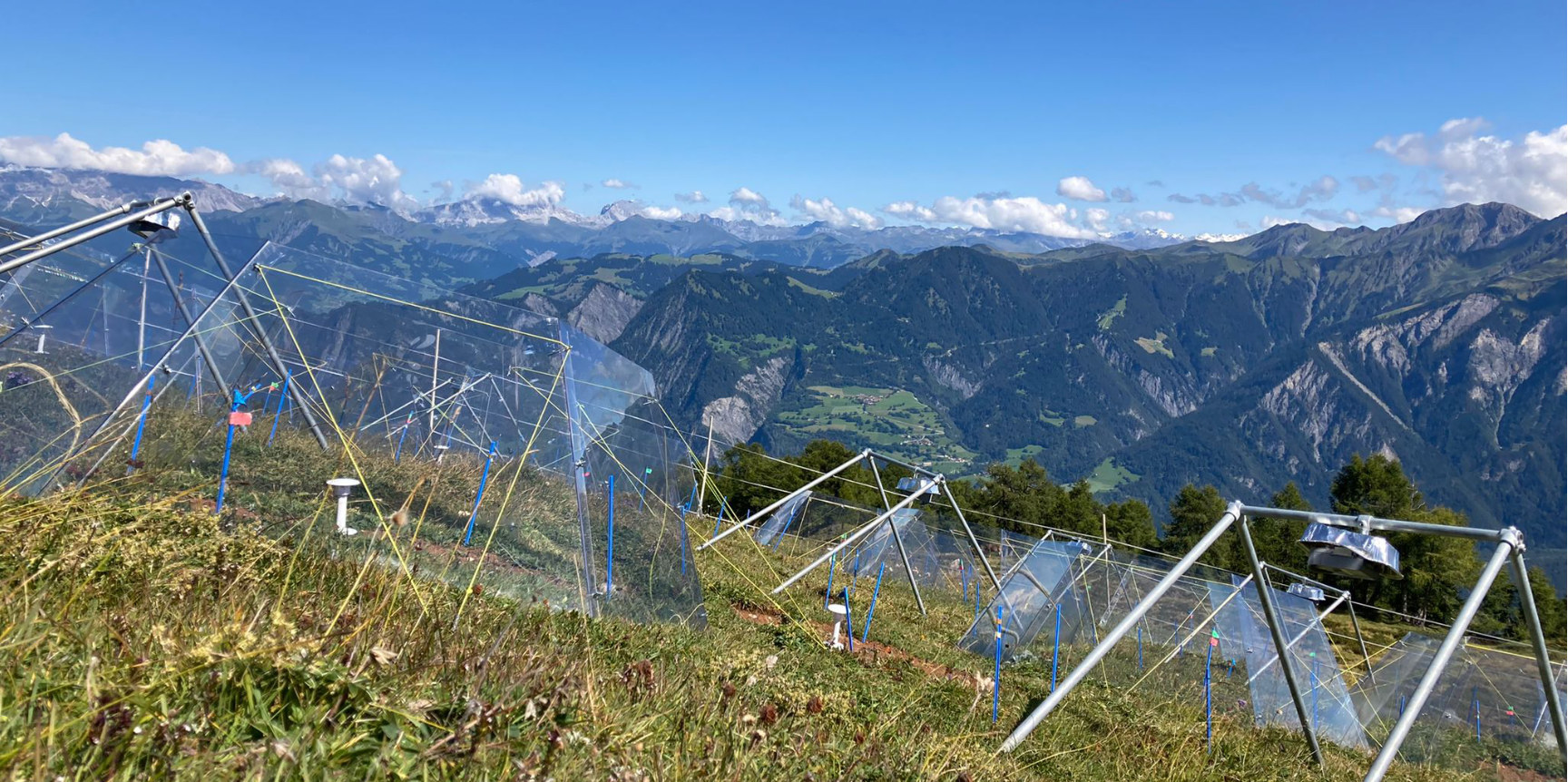Mechanisms underlying the success and impacts on biodiversity and ecosystem functioning of range-expanding species under climate change (RangeX)

This project is funded through the BiodivERsA joint call for research proposals, including funding from SNSF.

Project description
Plant species across the world are shifting their geographical distributions along elevational and latitudinal gradients in response to climate warming. However, variation in the rates, and even direction, of range shifts is very large, with some species shifting their ranges rapidly and others very little or not at all. The reassembly of plant communities that results from this asynchrony in range shifts is potentially enhancing impacts of climate change on native biodiversity and ecosystem functioning. Disentangling drivers and effects of range expansion and community reassembly is therefore critical to forecast consequences of climate change for native biodiversity and the functioning of plant communities.
The external page RangeX project aims to better understand underlying mechanisms and effects of plants expanding their ranges following climate warming. The project involves researchers and practitioners from 14 countries and is coordinated by the Plant Ecology group at ETH. Within the wider project, researchers at ETH will focus on investigating key processes limiting range expansion of native species to higher elevations. We conduct a large field warming experiment in which we simulate the colonization of plant communities by range-expanding plant species that have been transplanted upward along an elevational gradient. We test dispersal limitation, plant-plant interactions and temperature limitation as potential drivers of variation in establishment success of novel species. This experiment is replicated in South Africa, Norway and China to allow us to examine variation across different regions and plant communities. In addition to the warming experiment, we will work with existing data from the MIREN network (Mountain Invasion Research Network), consisting of repeated vegetation surveys along elevational gradients in 18 regions around the world; these transects will be resurveyed in 2022 as part of RangeX. Among other objectives, we will use the data set to test the thermophilization rate of plant communities as an “early-warning” indicator of range-expanding species.
The knowledge gained by RangeX will be used to inform policy regarding range-expanding plant species and to aid the development of appropriate management strategies.
Contact
chevron_right Evelin IseliPublications
Iseli E., Chisholm, C., Lenoir, J. et al. 2023.
Rapid upwards spread of non-native plants in mountains across continents.
Nat Ecol Evol 7, 405-413.
Alison J., J.M. Alexander, N. Diaz Zeugin, Y.L. Dupont, E. Iseli, H.M.R. Mann, and T.T. Høye. 2022.
Moths complement bumblebee pollination of red clover: a case for day-and-night insect surveillance.
Biology Letters 18 (7), 20220187.